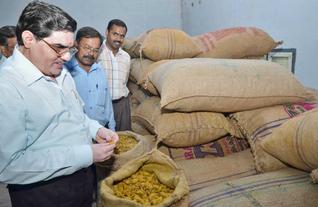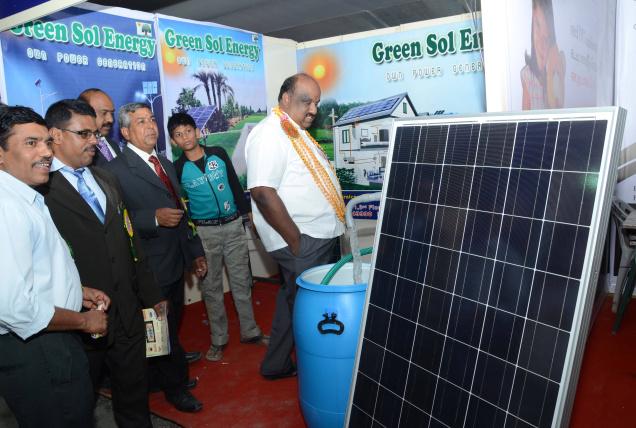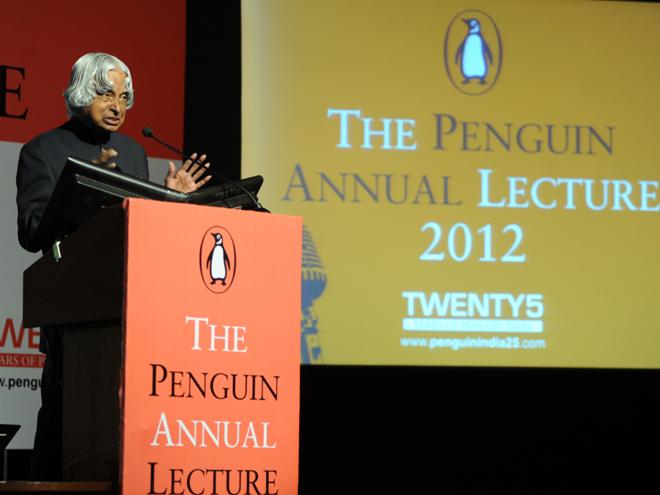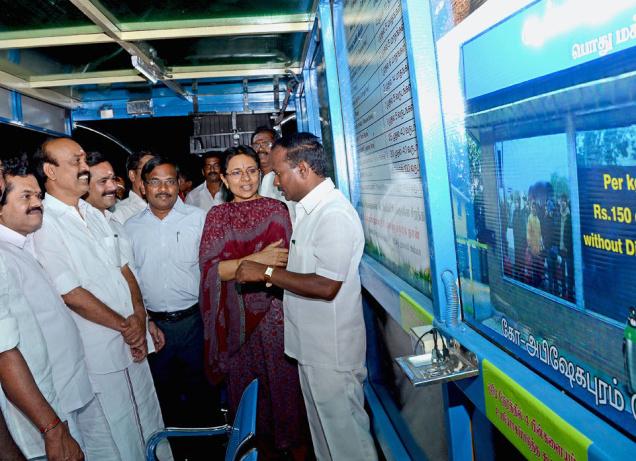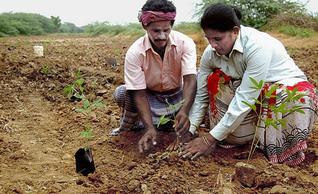Udhagamandalam :
The Kundha Industrial Co-operative Tea Factory, the first of its kind in the Nilgiris, is all set to celebrate its golden jubilee on January 4. Chief minister, J Jayalalithaa will preside over the golden jubilee function of the tea factory located at Yedakadu Mattam near Ooty.
Tea plantation in the Nilgiris is more than 100 years old. Though tea was, reportedly, grown in the Nilgiris in 1839 on an experimental basis; it was only during 1855 that attempts were made to grow tea in the district on a commercial scale. However, small tea farmers were not able to sell their green tea leaves for a better price to the private tea factories.
Feeling the pinch, in the late 50s, about 72 Badaga small tea farmers from Yedakadu village expressed their willingness for setting-up a co-operative tea factory to promote small tea growers. The members were headed by S Madha Gowder of the same village. Their plea turned reality in 1958 as the industries department gave consent for them to come up with a co-operative tea factory. Subsequently, with 72 members, the co-operative society was registered and the construction work of the tea factory was started at Yedakadu Mattam. The factory was launched with seven board members from Yedakadu village with Madha Gowder as president.
On September 20, 1962, the first Industrial co-operative (INDCO ) tea factory, namely, Kundha INDCO, in the Nilgiris was inaugurated by the then industry minister, R Venkataraman. The apex body INDCOSERVE for upcoming INDCO tea factories was also set up in the same year.
According to the officials of INDCOSERVE, in the past fifty years the Kundha INDCO tea factory has shown tremendous developments in many ways and is likely to become self reliant soon. Now there are about 15 INDCO tea factories functioning in the Nilgiris at various locations.
Nilgiris is home to around 70,000 small tea growers. Tea prices have always been fluctuated with highs of as much as 20-22 but it hit a rock bottom in 1999. The head log of the tea crises had its unchecked tumultuous period of six years from 1999 to 2005. With cultivation in over 47699 hectares of land, the Nilgiris produces about 90 million kg of tea annually.
On Friday, Jayalalithaa will also release the golden jubilee souvenir of the Kundha INDCO factory apart from inaugurating the sale of 250 gm pack of ‘Ooty Tea’ manufactured by INDCOSERVE.
source: http://www.m.timesofindia.com / Home> TNN / January 03rd, 2013
